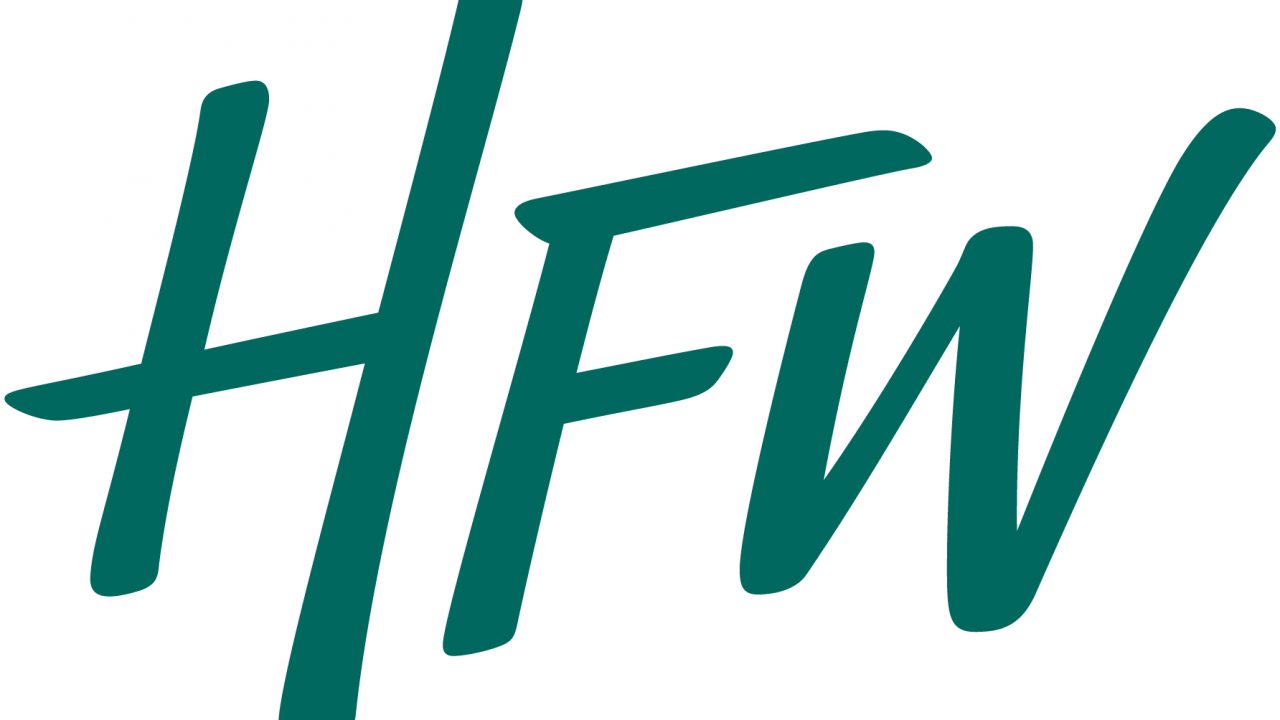Posted on: 2 March 2023
As of 5 February 2023 the additional price caps have been adopted for Russian refined petroleum products. The new price caps expand UK, EU and US restrictions on the transport of seaborne Russian refined petroleum products to third countries, as well as the provision of finance, brokerage, shipping, or insurance services for such transport, says in a briefing global law firm HFW.
The Petroleum Products Price Cap
While the UK, EU and US (amongst others) have comprehensively prohibited the domestic import of Russian oil and oil products, the maritime transportation of Russian oil and oil products to third countries has only been prohibited if the cargo is bought above certain ‘price caps’. Our December 2022 Client Alert set out the parameters of the price cap, which came into effect on 5 December 2022 for Russian crude oil (the “Crude Oil Price Cap”).
Two further price cap levels have now been agreed for Russian petroleum products, as follows:
• “Premium-to-crude” petroleum products: US$100 per barrel
− This includes products such as diesel, kerosene and gasoline.
• “Discount-to-crude” petroleum products: US$45 per barrel
− This includes products such as fuel oil and naphtha.
These additional price caps (together, the “Petroleum Products Price Caps”) are effective as of 5 February 2023. From this date, Russian petroleum products are only exempt from sanctions restrictions on the maritime transportation of Russian petroleum products to third countries, and the provision of associated services, if they are bought at or below the Petroleum Products Price Caps.
The Petroleum Products Price Caps, as well as the previously agreed Crude Oil Price Cap, will be reviewed mid-March 2023, and regularly every two months, and adjusted as appropriate to ensure their effectiveness.
The Petroleum Products Price Caps, as well as the previously agreed Crude Oil Price Cap, will be reviewed mid-March 2023, and regularly every two months, and adjusted as appropriate to ensure their effectiveness.
The following UK General Licences give effect to the Petroleum Products Price Caps (together, the “General Licences”):
- Oil Price Cap General Licence INT/2022/2469656: initially only in relation to Russian crude oil, this general licence has now been amended to include authorisation for UK persons to conduct maritime transport and provide financial and brokering services, for petroleum products by ship from Russia to a third country, or between third countries, provided that the unit price is at or below the Petroleum Products Price Caps. This General Licence also authorises credit institutions to process payments in relation to these activities.
- Refined Oil Products Winddown General Licence INT/2023/2660772: provides a 55-day exemption for the above activities in relation to any Russian petroleum products above the Petroleum Products Price Caps that was loaded onto a Ship at the port of loading prior to 5:01 a.m. GMT, 5 February 2023, and offloaded at the port of destination prior to 5:01 a.m. GMT, 1 April 2023. This General Licence also authorises credit institutions to process payments in relation to these activities.The General Licences come with reporting obligations and the UK’s Office of Financial Sanctions Implementation (“OFSI”) has issued several forms related to the use of the General Licences. These include notification, attestation, licence application and breach reporting forms.
The EU has also introduced the transitional exemption period of 55 days for Russian petroleum products that are purchased and loaded before 5 February 2023 and unloaded before 1 April 2023. Notably, this does not refer to a specific time, unlike the UK’s Refined Oil Products Winddown General Licence.
Download the full briefing HFW-Russian-Petroleum-Products-Price-Cap.




